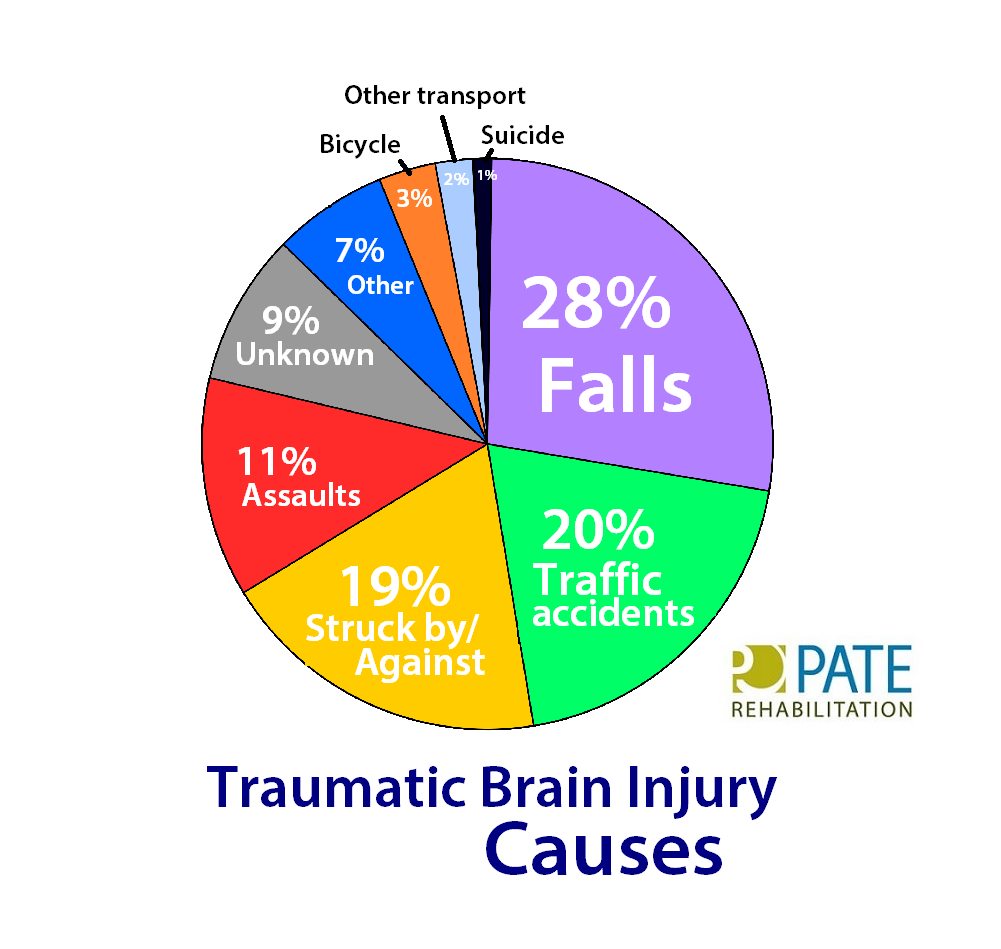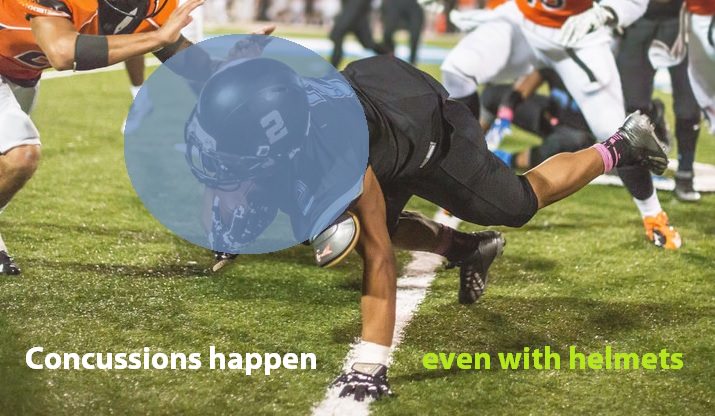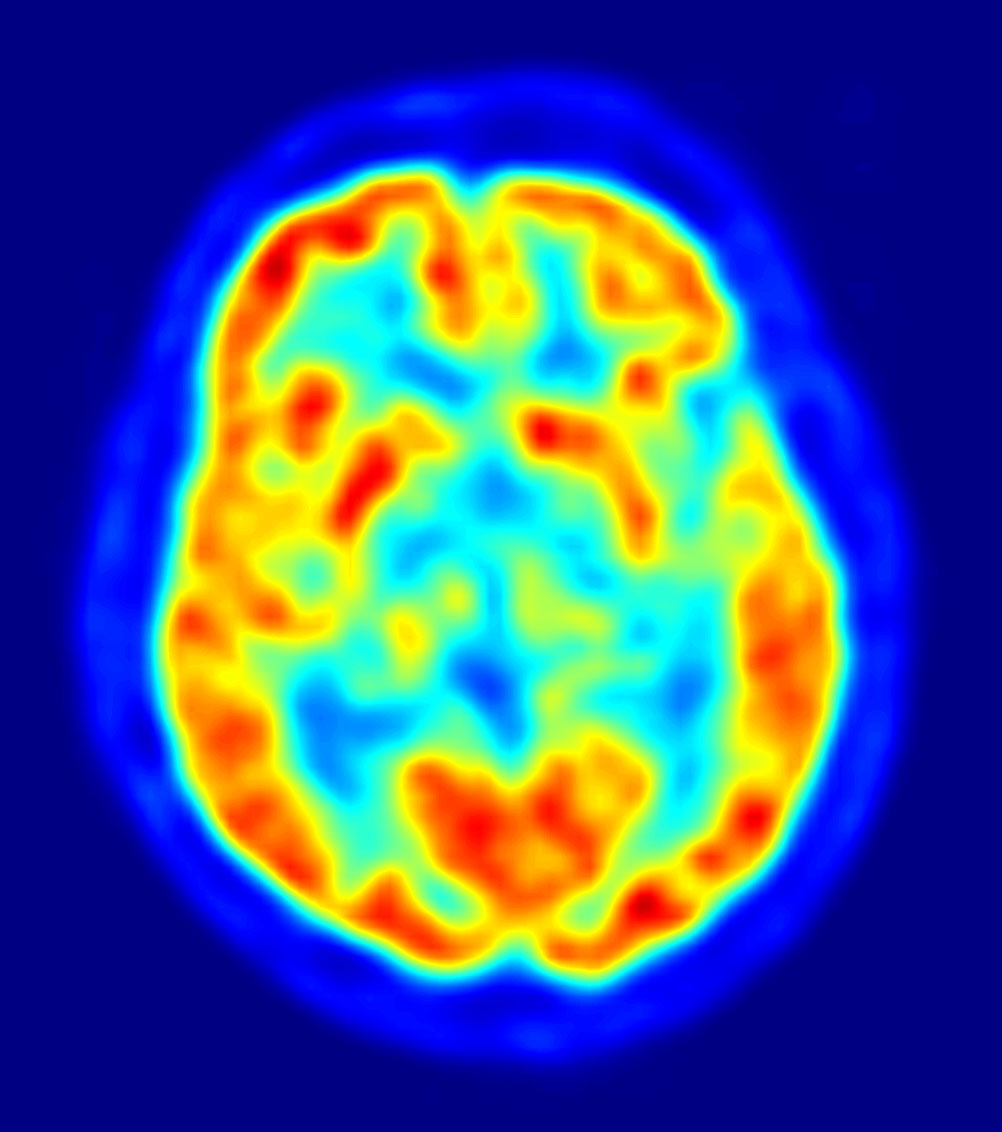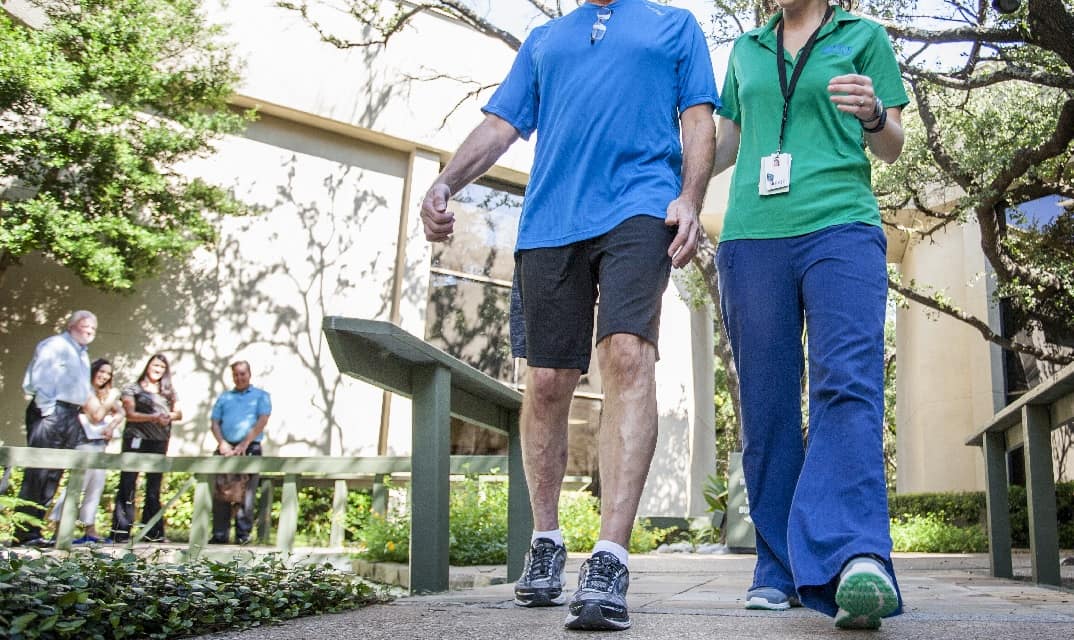About ABI | Prevention | Causes of Brain Injury | Stroke Rehabilitation
What is a Traumatic Brain Injury?

Traumatic brain injury or TBI describes a sudden injury to the brain. The most common causes are falls, motor vehicle accidents and assaults.
Any time the head is subjected to outside forces, even strong shaking, the brain inside the skull moves too and there is potential for damage.
Traumatic brain injuries are classified as mild, moderate and severe. The more severe the brain injury, the more symptoms and deficits (lessened function) appear. Concussions, for example, are a type of mild brain injury or MTBI.
In the immediate aftermath of a traumatic brain injury, medical personnel will assess the extent of trauma and rate its severity using scores on the Glascow Coma Scale (GCS), either at the scene of the injury or hospital.
First responders use eye, motor and verbal responses to categorize the patient's state, with a 3 being deep unconsciousness and a 15 being more or less a normal conscious state. Initial assessments indicate whether the injured person should be transported to a hospital for further evaluation.
Head injuries should always be taken seriously. What seems like a mild injury - a "bump to the head" - can be lethal if the brain is bleeding undetected, so it's best to be on the safe side.
Initial Prognosis
A person's long term future can't be predicted at the scene of an injury or for some period afterward. Keep in mind that the initial severity rating of a traumatic brain injury is not a predictor of overall recovery potential. The vast complexity of the brain and the many, many variables involved in each injury make every person's prognosis unique. Generally, it takes time to assess the full impact of a brain injury.
There are many reasons for this. An injured brain may be swollen or bleeding and need surgical intervention. The person may be unconscious and the extent of the injury's impact can't be measured yet. Some brain injury effects may not be immediately obvious, such as memory or language difficulties, or changes in personality.
Right after an injury, as emergency medical care is underway, there are many unknowns. For families who want answers, this waiting period can be difficult. It's human nature to want to know what to expect and the all-too-common answer at the start of the brain injury journey is...we don't know yet.
Mild Traumatic Brain Injury
 The mildest form of brain injury is a concussion. These can be caused by a bump, blow, or jolt to the head or body that makes the brain move rapidly inside the skull.
The mildest form of brain injury is a concussion. These can be caused by a bump, blow, or jolt to the head or body that makes the brain move rapidly inside the skull.
Concussions are common in sports. They can result in a loss of consciousness up to 30 minutes, but may not affect consciousness at all. Often a person seems disoriented, but then gets up and goes on. They may not even realize they had a concussion.
Even if there is no loss of consciousness, a mild traumatic brain injury or mTBI is diagnosed when the person has any loss of memory for events immediately before or after the injury.
What's fascinating and frustrating about concussions is that imaging scans often show no visible damage to the brain. There is not a standard measurement for concussion, and there is quite a bit of variation in how to treat concussion and when to do it for maximum benefit.
Symptoms of concussion may be subtle enough that they may go undetected until they interfere with activities of daily living (ADLs). Not every concussion requires rehabilitation. Most don't. But for those whose symptoms linger, rehab can teach strategies and compensations that can make life easier.
Symptoms of mild traumatic brain injury include:
- Headache
- Dizziness
- Insomnia,
- Decreased concentration and attention span
- Depression
- Anxiety
- Mood swings
- Impaired balance
- Decreased speed of information processing
- Decreased ability to learn new things and recall
Persons who have mild TBI usually have a good recovery, but some individuals may take weeks or even months of treatment to reach their maximum potential. About 75% of traumatic brain injuries are concussions or other forms of mild traumatic brain injury.
Recent attention to concussions in the NFL has led to increased awareness and many parents are concerned about their children's participation in sports and the risk of concussion. To date, there are no absolute conclusions about long term damage from concussions. There is emerging consensus that multiple concussions can have a significant effect on the brain and should be avoided.
Moderate Traumatic Brain Injury

After a head injury, or loss of consciousness, it's a common practice to image the brain at the hospital to check for bleeding or other evidence of damage.
With a moderate traumatic brain injury, there are usually abnormal CT, PET or MRI findings after the injury. Loss of consciousness may have lasted a few minutes to a few hours.
People who experience a moderate TBI normally have confusion lasting a few days to weeks. However, physical, cognitive and/or behavioral impairments could last for months or be permanent.
Patients with moderate traumatic brain injury generally make a good recovery with rehabilitation or successfully learn to compensate for their deficits. They often return to work or school and go back to driving and regular activities. Rehabilitation on an inpatient or outpatient basis is common.
Severe Traumatic Brain Injury
A severe traumatic brain injury usually involves a prolonged unconscious state or coma that lasts days, weeks, or months. Symptoms of severe traumatic brain injury can include loss of consciousness, headache, nausea, vomiting, lack of coordination, dizziness, trouble with balance, dilation of one or more pupils, slurred speech, behavioral or mood changes, loss of coordination, restlessness and agitation.
Patients with severe TBI can make significant improvements, including return to a life very similar to what they had before the injury. However, some are left with permanent physical, cognitive, or behavioral impairments. With severe traumatic brain injury, rehabilitation is almost always a necessity.
How much time a person spends in rehab is determined by their specific injury and its effects. A typical length of time is around three months, though it may be shorter or longer depending on the person's condition and progress rate.
Possible Deficits Following Traumatic Brain Injury
Most people who have a traumatic brain injury experience some level of deficit in information processing speed, attention, memory, and executive functioning (higher level thinking such as planning, problem solving, inhibition, multi-tasking, awareness of deficits, and more).
Additionally, injuries sustained in the accident itself can cause accompanying medical problems that can complicate the case.
Health complications from TBI may include:
- Seizure
- Hydrocephalus
- Cerebrospinal fluid leaks
- Infections
- Cranial nerve injuries
- Pain
- Hypertension
- Hormonal changes
- Decreased immune system response
- Sleep disorders
- Increased risk of later disease such as dementia
Treatment of Traumatic Brain Injury
With moderate and severe TBI, long term rehabilitation specifically designed for brain injuries is the accepted treatment and gold standard. Patients may present with a range of medical problems from physical injury due to the accident (broken bones, skull fracture, etc.) in addition to the brain injury.

After emergency medical care to stabilize the person, the next phase of recovery is acute-rehab which begins in the hospital. This involves beginning to move and walk, working on strength and other abilities.
When the patient is ready to be discharged, the next phase of brain injury rehabilitation takes place in a dedicated facility called a post-acute rehab. This phase focuses on assessment of deficits and strategies for either regaining abilities with therapy or devising ways to compensate for function that has not returned.
Common therapies for traumatic brain injury are:
- Physical therapy to address standing, walking, and movement
- Occupational therapy to regain activities of daily living (ADLs) like dressing, bathing, counting money, managing a home, etc.
- Cognitive therapy
- Speech and language therapy
- Counseling for adjustment and emotional management skills
- Assistive technologies to increase independence like walkers or wheelchairs, memory aids and automations via software
The good news about traumatic brain injury is that it can be treated with proven, evidence based interventions and training. Rehabilitation for moderate and severe traumatic brain injuries is recommended for the best chance for a meaningful recovery.
